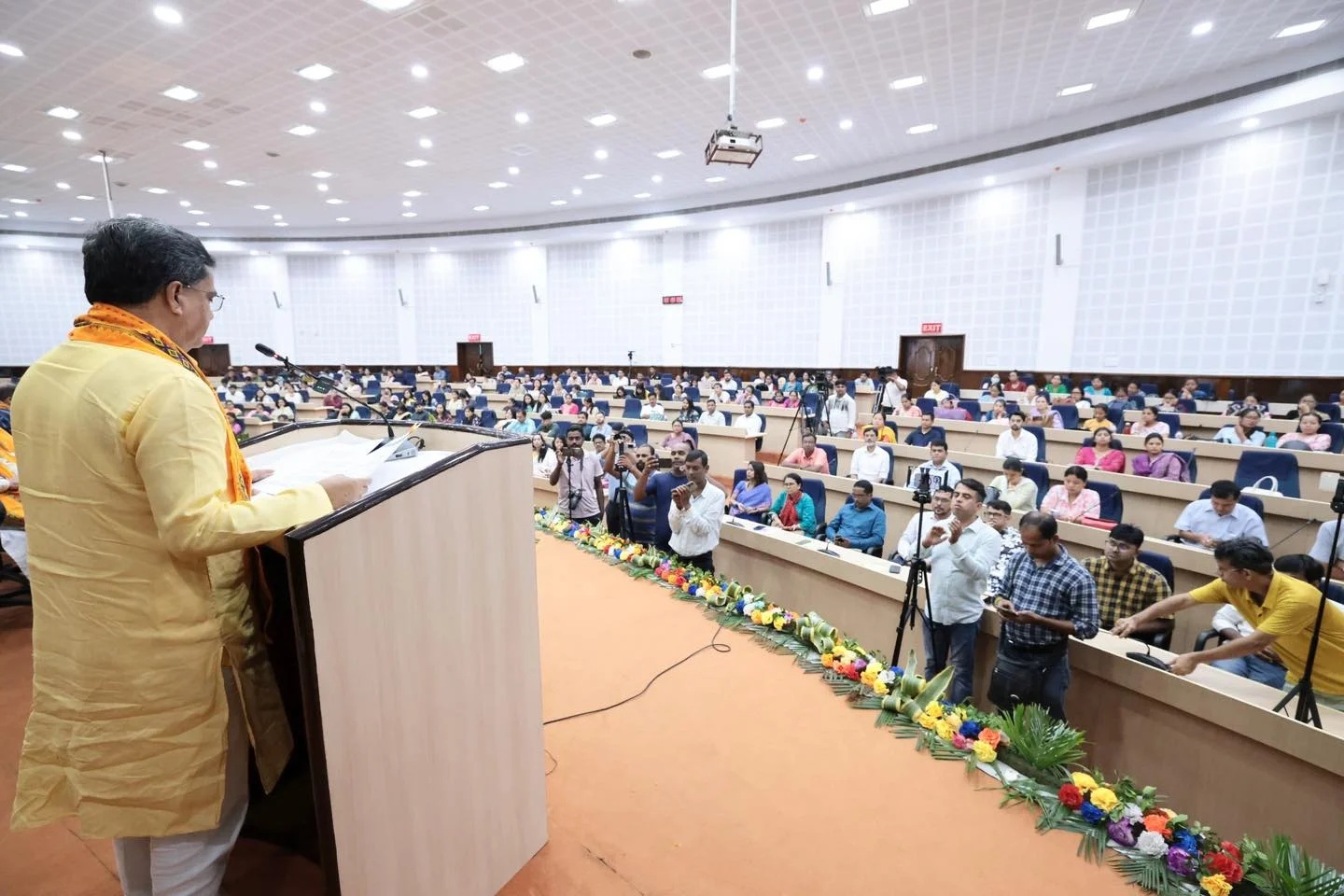
DA Gap Addressed with Gradual Implementation Strategy
Agartala, July 31, 2025 — Tripura Chief Minister Dr. Manik Saha has outlined a phased approach to bridge the Dearness Allowance (DA) disparity between state and central government employees. During a medical officers’ programme in Agartala, he highlighted that central employees currently receive 53% DA compared to Tripura’s 33%. The administration’s plan involves a 29-month increment of 29% for state workers, with a clear roadmap to narrow the gap. Saha emphasized the importance of gradual implementation, stating, ‘Our objective is to ensure equitable compensation while maintaining fiscal responsibility.’ This initiative reflects the government’s commitment to addressing long-standing wage disparities and improving public sector employee welfare.
Employment Expansion and Transparency Measures
Since assuming power, the BJP-led government has prioritized employment growth, filling over 19,000 regular government posts. Dr. Saha defended the administration’s open appointment process, contrasting it with the previous regime’s opaque methods. ‘We issue appointment letters publicly, ensuring transparency and accountability,’ he asserted, criticizing the CPI(M) for its alleged lack of openness. The initiative not only boosts employment but also strengthens public trust in governance. Saha also addressed the contentious issue of teacher terminations, citing judicial rulings that upheld the termination of 10,323 educators due to illegal appointments. This highlights the administration’s adherence to legal frameworks while managing complex administrative challenges.
Healthcare Infrastructure Revamp and Medical Hub Ambitions
The Chief Minister unveiled ambitious plans to transform Tripura into a regional medical hub. Key projects include establishing new medical, nursing, and paramedical colleges to address healthcare workforce shortages. Saha emphasized reducing critical care referrals to outside the state, with initiatives like a modern eye hospital near GBP Hospital and AGMC, and a proposed super-specialty hospital in Khujurbagan. These developments aim to enhance local medical services and ensure residents access advanced treatments without leaving the state. The focus on infrastructure development underscores the government’s dual commitment to public welfare and economic growth.
Public Service Commitment and Future Goals
Dr. Saha reiterated the government’s dedication to providing quality healthcare and equitable compensation. The DA adjustment plan and healthcare expansion represent a strategic effort to balance fiscal responsibility with social welfare. By addressing wage disparities and investing in medical infrastructure, the administration aims to improve living standards and public trust. These initiatives align with broader goals of economic stability and citizen-centric governance. The Chief Minister’s emphasis on transparency and legal compliance further strengthens the government’s credibility in implementing these transformative policies.
Policy Implications and Regional Impact
The DA gap reduction and healthcare expansion plans have significant implications for Tripura’s governance. By aligning state employee benefits with central standards, the government seeks to enhance workforce morale and retention. The healthcare initiatives could position Tripura as a regional medical hub, attracting investment and improving healthcare access. These policies reflect a strategic approach to balancing fiscal responsibility with social development. As the administration progresses with these reforms, its ability to implement and sustain these initiatives will shape Tripura’s future trajectory in public service and economic growth.



